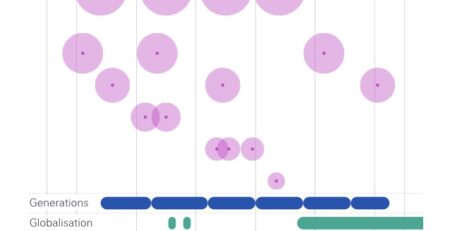Migration, Remittances and Brexit: European Labor Market Integration and Its Effects on Inequality and Convergence
By Pawel Langer (New York University) & Laszlo Tetenyi (New York University)
The increase in migration from Eastern to Western Europe after their accession to the European Union (EU) in 2004 resulted in a large increase in remittances to New Member States (NMS) and were comparable in size to FDI or EU funds. This paper adds to the literature by analyzing the impact of remittances and migration jointly, rather than separately, on the integration of EU economies and their implications for welfare and inequality. Labor market integration affects labor supply directly through migration, and labor demand indirectly through remittances increasing capital stock. We develop an incomplete asset markets model with migration and portfolio choice, where agents may choose to save in assets related to their citizenship or global bond. We find that including the remittance channel on top of migration boosts economic convergence between EU countries, driven primarily by growth in NMS without impacting the average citizen in wealthier EU members. Nevertheless, wealth inequality in original EU countries rises as rich local households benefit disproportionately from increased labor supply. Therefore when evaluating Brexit outcomes in terms of welfare, NMS should be concerned despite the weak trade ties.
Source: SSRN










